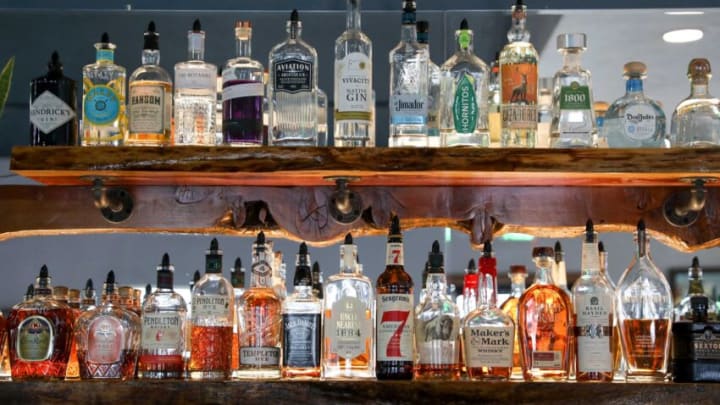After launching a groundbreaking initiative with a top women’s soccer club banning alcohol sponsorship, there’s now a further step to prevent the risks of alcohol exposure for young players.
Glasgow City FC have the highest number of women’s soccer Premier League titles and Scottish Cups in Scotland since 2000. When they recently worked with Scottish Health Action on Alcohol Problems (SHAAP) to announce the club would be banning alcohol sponsorship and marketing for any of their matches, it was a bold financial and ethical statement.
As the club and SHAAP explained at the time the impact of alcohol is a big issue for Scotland. And now a survey of youth women players shows there could be more cause for concern.
The legal alcohol drinking age in the UK is 18, but the SWF survey reported that half of the sample had tried alcohol, despite 82 percent being underage. Another sign of alcohol reaching a younger age comes with a third of respondents saying they had started drinking before reaching the age of 15.
So it’s no surprise to see another positive alcohol-related step now being taken in Scotland. It is though a lead which, along with the guidance being issued now to youth players, is very applicable worldwide.
SHAAP and SWF have been working closely together in partnership already. As the next step on their joint initiative, they are issuing guidance through social media and via the SWF clubs to youth players on the impact of alcohol and how it can affect their performance.
Vivienne Maclaren, Chair of SWF explained the background and importance of the guidance.
"“We have a duty of care towards the girls in our game and we should do everything we can to promote positive and healthy lifestyles. This is why we will not accept sponsorship from the alcohol industry and is why we are delighted to now be able to provide guidance to clubs and youth players on the effects of alcohol both on their health and ability to play football. This is our contribution to reducing alcohol harms but it’s clear that as a society, Scotland has a long way to go.”"
Another positive and supportive stance taken by women’s soccer
SHAAP and SWF launch guidance for youth players on the impact of alcohol https://t.co/NU52WFzLKD pic.twitter.com/Heh0uAuAzn
— Scotsbaw (@scotsbaw) April 24, 2023
With those simple graphics and easy-to-understand facts they hope to use the information to highlight the impact alcohol has on many aspects for players at all levels, but especially elite ones, during a game and at all other times. SHAAP have issued the full guidance online too.
Once again it’s encouraging to see women’s football taking a stance and putting its players first regardless of any potential financial downside. Perhaps this is an ideal time to be doing so while the women’s game expands and grows and before it becomes too difficult to extricate itself from the grasp of well-embedded sponsors.
Check out our NWSL hub page for more news, analysis, opinion and unique women’s soccer coverage. And don’t forget to follow FOR(E) on Twitter, FanSided’s home for women’s sports.
